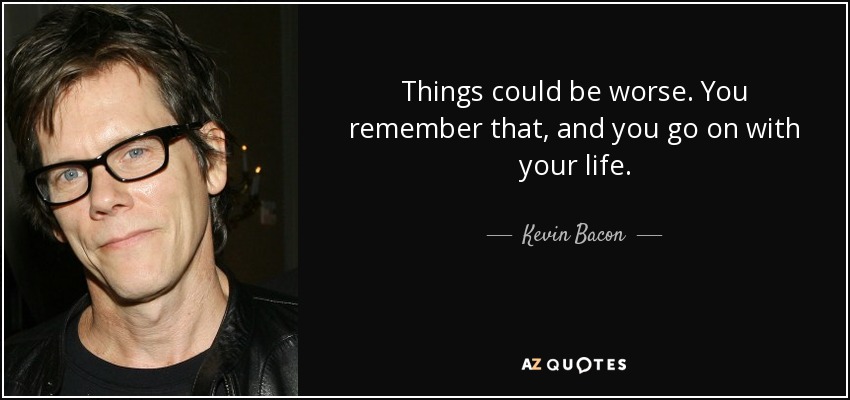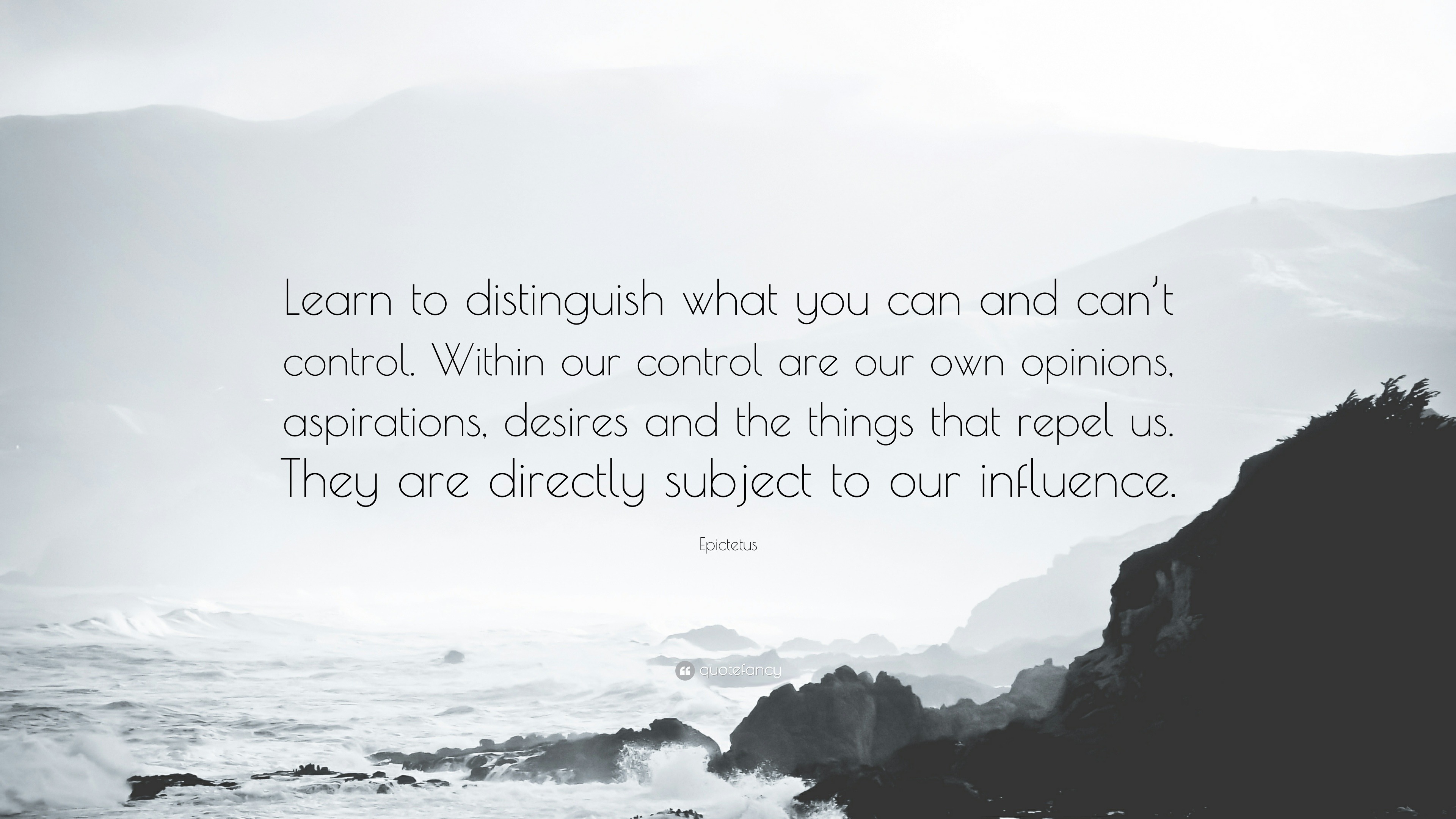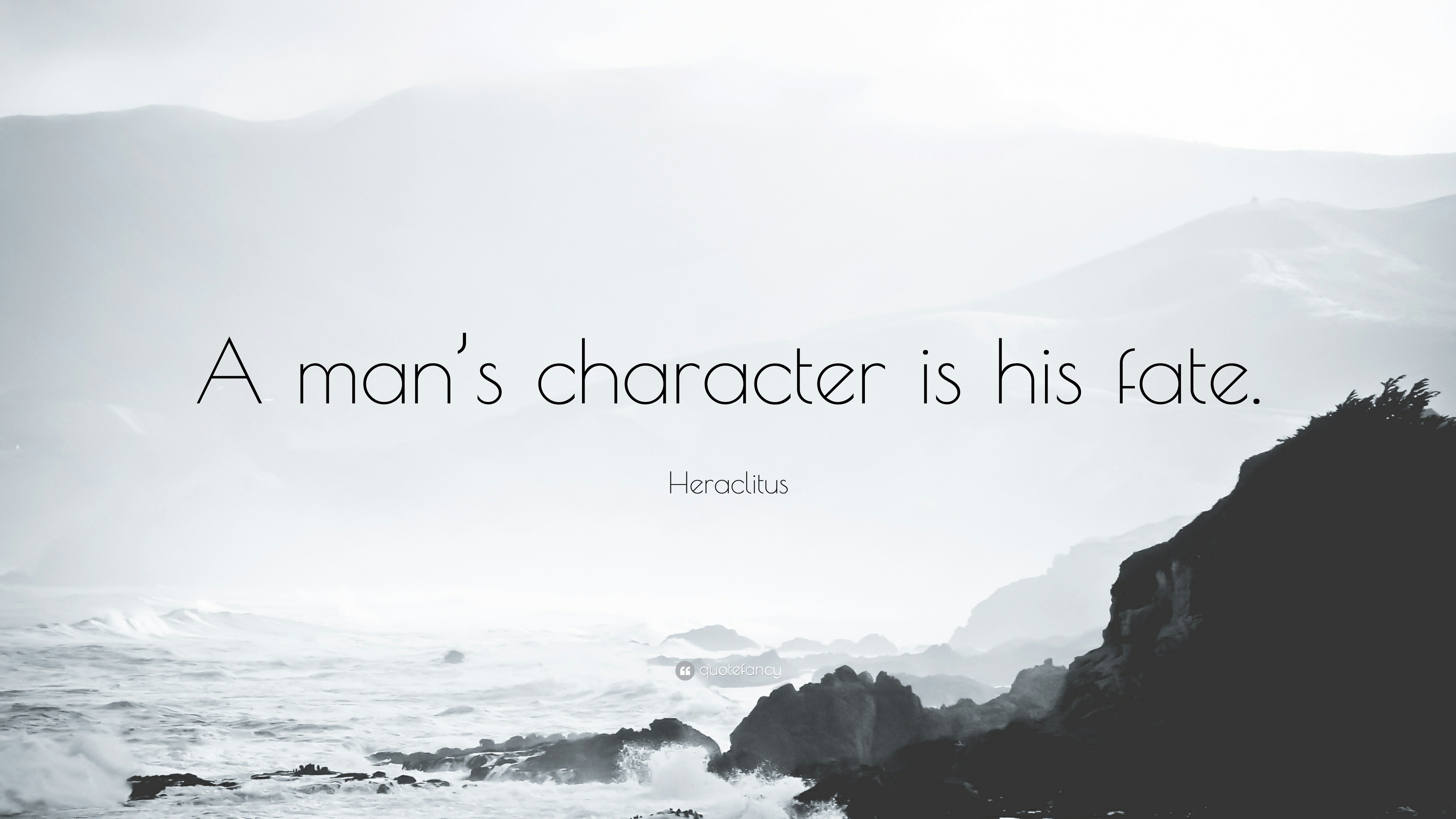Hearing or reading “remember that you must die,” probably sounds morbid and fear-mongering, but “Momento Mori,” which has roots in Ancient Rome and with the Stoics, serves to remind us that none of us are immortal and we do not know for sure when our time will come to an end.
This makes many of us uncomfortable, with good reason, but also offers the opportunity to ensure we are making use of our time while here on Earth. We are fortunate that we do not have to worry about being eaten by a predator on any given day, as some of our ancestors had to do, but that does not mean we are invincible in young age.
Reflecting on our impermanence can help guide our actions and the direction we take in life.
Knowing we won’t be around forever does not mean we partake in risky behavior every day, but there’s a middle ground we can find. One where we stay disciplined, but also take calculated risks at times or do something different than normal because we recognize our bodies do not survive forever.
Marcus Aurelius, one of the most well-known Stoics, writes in Meditations, “You could leave life right now. Let that determine what you do and say and think.”
While I do not want to think about mortality all the time, taking time to contemplate this fact on occasion can motivate me to do what matters most.




